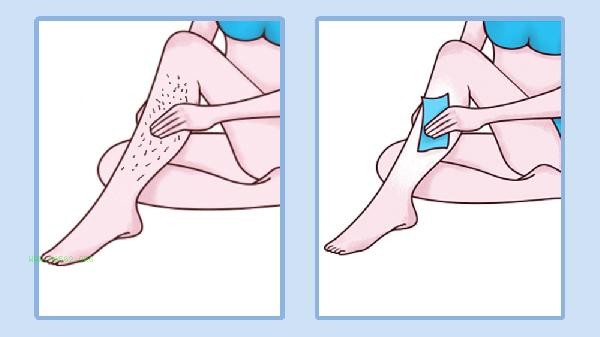It is generally recommended to dye white hair every 4-6 weeks, and the specific frequency needs to be adjusted comprehensively based on the hair condition, hair dye type, proportion of newly white hair, scalp sensitivity, and maintenance of dyeing effect.

Hair dyeing frequency should prioritize scalp and hair health. Ammonia and hydrogen peroxide in chemical hair dyes can damage hair keratin, and frequent use can lead to dry and split hair. If the hair itself is fragile or there is scalding damage, the interval should be extended to more than 8 weeks, during which hair scales can be repaired with hair conditioner containing hydrolyzed protein. People with sensitive scalp may experience itching or redness, and should choose a plant-based hair dye without ammonia formula and reduce it to once every 2-3 months. Skin testing should be done 48 hours before dyeing.

In special circumstances, the cycle can be adjusted appropriately. When using semi permanent hair dye, due to the small size of pigment molecules, fading is faster, and it can be shortened to 3-4 weeks to touch up the hair roots. The spray or dye conditioner that temporarily covers white hair can be used as a daily emergency without affecting the formal hair dyeing cycle. If the proportion of white hair exceeds 50% and the requirement for uniformity is high, it is recommended to use a gradient dyeing technique to treat the newly formed hair root area every 3 weeks to avoid repeated dyeing of the entire head.

Daily care can extend the interval between hair dyeing, use hair oil containing vitamin E to reduce pigment loss, control the washing water temperature below 38 ℃, and use a fixed color hair mask once a week. Long term hair dye sufferers should regularly trim their split ends, reduce the frequency of using hot tools, and consume copper rich foods such as nuts and oysters, which can help slow down the rate of white hair regeneration. If severe scalp discomfort or allergic reactions occur, immediately discontinue use and consult a professional dermatologist.









Comments (0)
Leave a Comment
No comments yet
Be the first to share your thoughts!